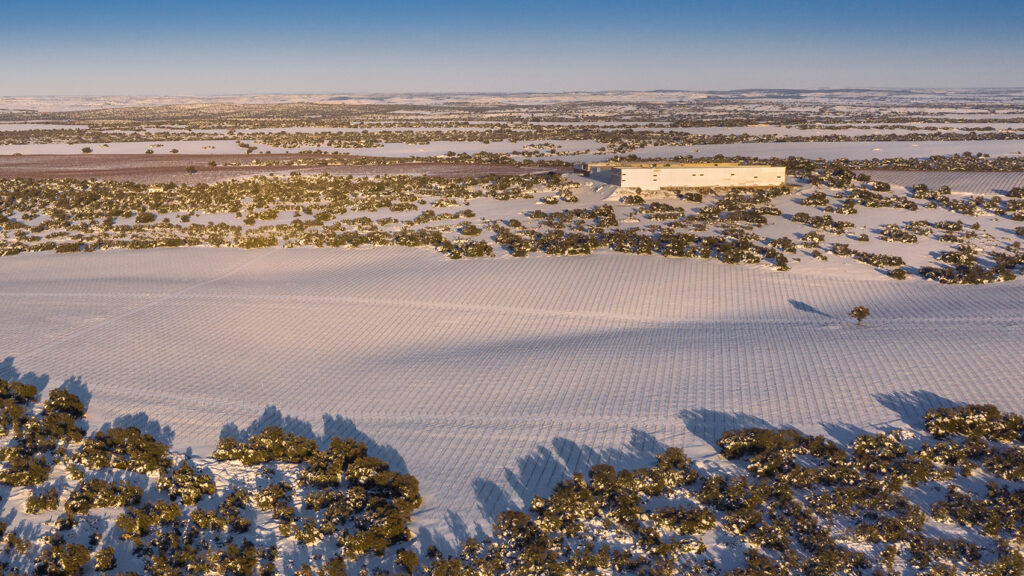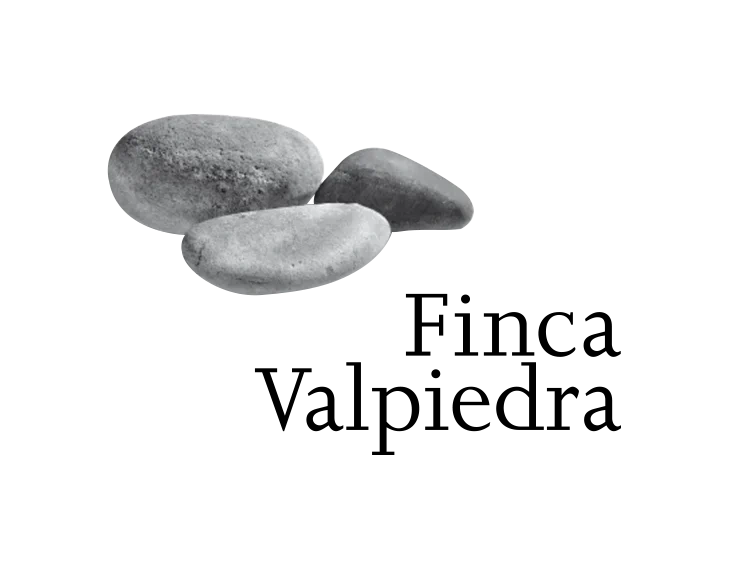In these days of January the snowfalls have left idyllic images of fields and vineyards completely covered by a thick white blanket. The truth is that in addition to an aesthetic issue, in the case of the vineyard it could be said that the popular saying is not false: year of snow, year of good, although the beneficial results are not immediately visible.
At this moment the vines are in a dormant state, that is, after the harvest they are resting and their activity will be at a standstill until budbreak begins. For the cycle to be regular, stable and complete, the cold of winter is as necessary as the heat of summer for the ripening of the grapes.
Winter snow provides a very special water reserve to the vineyard, because it remains stable on the surface, even if it is on a slope or horizontal, and this water will gradually become part of the soil reserves as it melts.
These circumstances also protect the plant from two of its main enemies, pests and fungi. On the one hand, there is no parasite that can withstand such low temperatures, so it is good that there is a period of freezing that will allow the parasite to freeze for a few days. helps the plant to get rid of any pestsas green mosquito, yellow spider mite and thripsas well as some important diseases, such as xilella fastidiosaThe continuous low temperatures destroy it. On the other hand, it is important to highlight the disinfectant effect of low temperatures, which help prevent fungi from affecting the buds, shoots and bark in general.
In fact, such natural protective factors are essential for less human mediation, with treatments and other types of interventions in the vineyard to manage health and combat disease.
Therefore, it could be said that snow is the best of all precipitation formsIf accompanied by mild temperatures and/or rainfall, the entire volume of water that infiltrates the soil is used, no runoffThis means without producing the sheets of water that form when precipitation exceeds the infiltration capacity of the soil.
On the other hand, if the snow is followed by low temperatures with heavy frosts, it is not fully exploited, since the phenomenon of sublimation occurs, a process by which the snow passes from solid to gaseous state, without passing through the liquid state. On this occasion, it has snowed so much that, although some of it will be lost, most of it will be taken advantage of.
This January it has snowed in the three Familia Martínez Bujanda estates: Finca Valpiedra, Finca Montepedroso and Finca Antigua. The latter has even broken a record, as it has recorded a precipitation of about 1 meter of snow, accompanied by very low temperatures.
Now is the time to cross our fingers and hope that not only the Spanish saying comes true, but also the French one, ‘hiver froid, bonne moisson’, which translates into ‘cold winter, good harvest’.
Blog
Why do snow and intense cold favor vines?




